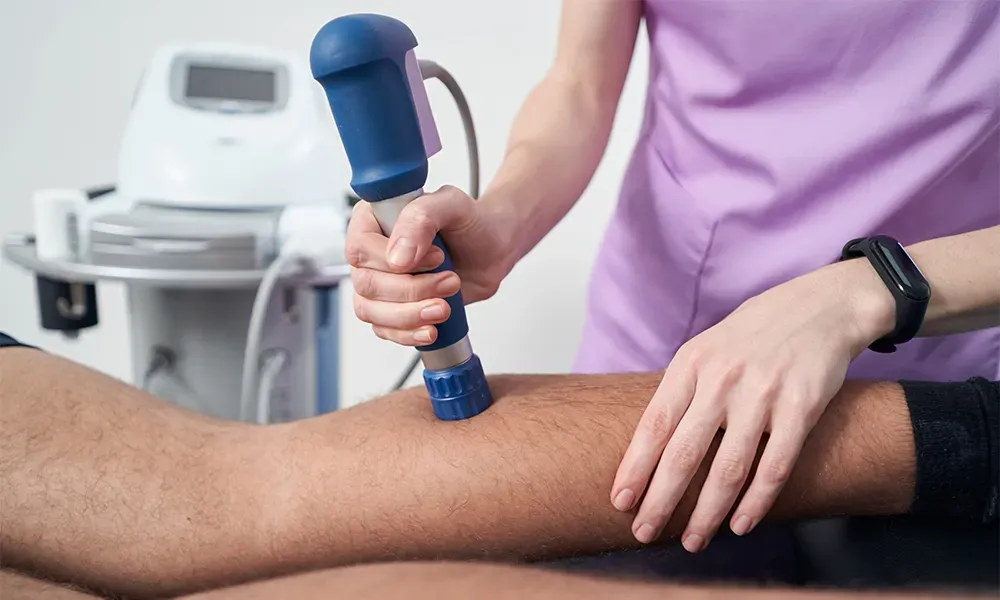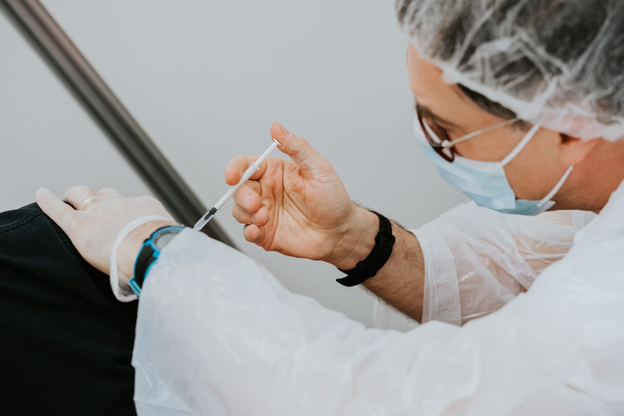As the multi-billion dollar diet industry continually markets aggressive weight loss solutions to desperate consumers, among the most hyped is the HCG diet. This controversial regimen promises dramatic slim downs aided by taking human chorionic gonadotropin (HCG) – a hormone occurring naturally only during pregnancy – via oral drops, pellets, sprays, or injections paired with extreme calorie restriction. But with insufficient evidence confirming efficacy or safety, what should prospective dieters realistically know before attempting HCG?
First pioneered in the 1950s by a British physician, the HCG diet protocol combines supplementing trace pregnancy hormones with severe limitation of calories, hypothesizing the combination triggers accelerated fat metabolization beyond what nutritional deficits alone allow. Proponents claim while consuming just 500 daily calories, supplemental HCG facilitates tapping abnormal fat stores for additional energy, making substantial weight loss impossible to achieve through diet alone.
Yet modern researchers argue results stem predominantly from intake slashing well below daily energy needs rather than exogenous HCG. Multiple experts affiliated with Johns Hopkins, Penn State, and the Obesity Medicine Association failed to confirm HCG provides any additional meaningful or “magical” fat loss effects beyond the known impacts of starvation alone. Further, the evidence argues potential dangers outweigh the benefits for those hoping HCG helps shed excess pounds.
Limited proof of efficacy
Across scientific reviews, the evidence argues HCG Diet Atlanta offers no specific advantage for losing pounds initially or maintaining lowered weights better over time versus personalized diet and fitness measures alone. In one Mayo Clinic study, while those receiving HCG injections plus 500 daily calories lost large amounts as expected via caloric deficit, they rapidly regained nearly triple the weight of counterparts reliant on lifestyle habits without HCG once stopping shots. Researchers concluded dependence on exogenous HCG failed to help subjects sustain lower weights long-term.
Safety concerns
However, Mayo and Cleveland Clinic experts warn even brief periods spent starving below individual basal metabolic needs lead to loss of structural heart muscle and bone mass, electrolyte imbalance, irregular heartbeat, gallstone attacks, and impaired immunity. Sustained semi-starvation also stresses major organ function, slows metabolic rate, reduces bone mineral density, and prompts loss of lean tissue vital to health. Deaths have resulted, affirming the dangers posed.
Thus multiple medical groups like the Obesity Care Advocacy Network, American Board of Obesity Medicine, and Academy of Nutrition and Dietetics strongly caution against attempting non-supervised very low-calorie HCG diet regimes hyped by supplement companies as “easy, safe, and effective” but remaining clinically unproven.
Realistic expectations
Mainstream experts assert insufficient proof justifies attempting over-the-counter HCG supplements for improved fat loss, particularly given safety issues associated with prolonged starvation-level caloric intakes. They urge consumers to maintain realistic expectations, as no alternative therapy or pill substitute exists for sustained personalized nutrition and lifestyle measures customized under medical guidance for long-term weight management.





